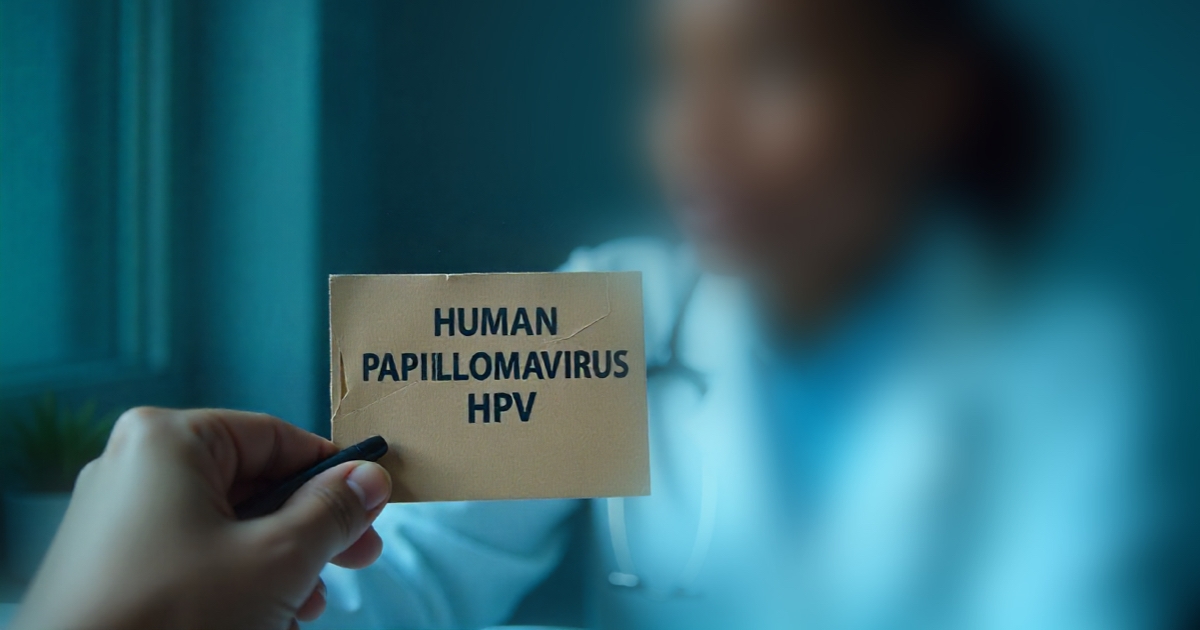What Is the Human Papillomavirus (HPV) Vaccine and Who Should Receive It?
Human Papillomavirus (HPV) is a common infection that can cause not only cervical cancer but also other anogenital cancers, including penile, anal, and vaginal cancers. Additionally, HPV is responsible for approximately 90% of genital warts. The HPV vaccine offers strong protection by targeting both high-risk cancer-causing types and those responsible for genital warts.
There are three types of HPV vaccines available. The bivalent vaccine protects against types 16 and 18, which are the most common causes of cervical cancer. The quadrivalent vaccine covers types 16 and 18, as well as types 6 and 11, which are linked to genital warts. The nonavalent vaccine offers broader protection by covering additional high-risk types, though it is not yet widely available in Turkey. The quadrivalent vaccine, commonly used in Turkey, is administered in three doses. Mild side effects such as low-grade fever or fatigue may occur but usually resolve on their own.
Who Should Receive the HPV Vaccine and When?
The HPV vaccine is recommended for both girls and boys. The ideal time for vaccination is before the onset of sexual activity, when the immune response is most robust. Vaccination at ages 11–12 provides long-term protection against HPV. Research shows that vaccination between ages 10–13 offers up to 93% protection, while effectiveness decreases when given at older ages. Early vaccination is therefore critically important.
In boys, the HPV vaccine not only reduces the risk of genital warts but also helps prevent penile, anal, and oropharyngeal cancers. Vaccination is particularly important for men who have sex with men, those with multiple partners, or individuals with weakened immune systems (such as those who are HIV-positive). Routine vaccination is recommended for all males up to the age of 26.
In girls, the vaccine can reduce the risk of cervical cancer by up to 90% and also provides strong protection against genital warts in the long term. Vaccination can also be considered for sexually active women at older ages based on clinical evaluation. Even if someone has already been exposed to HPV, the vaccine can still offer partial but meaningful protection.
HPV Vaccination Process and Follow-Up
At our clinic, the HPV vaccination process is carefully planned based on your age, health status, and individual risk factors. A thorough consultation and risk assessment are conducted before starting the vaccination program. The most appropriate vaccine type is selected, and your dose schedule and follow-up appointments are arranged accordingly.
Those who receive the HPV vaccine should continue attending regular gynecological or urological check-ups as part of a comprehensive preventive health strategy.

